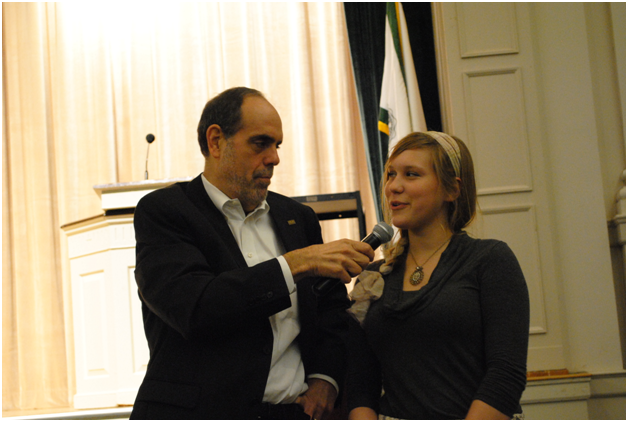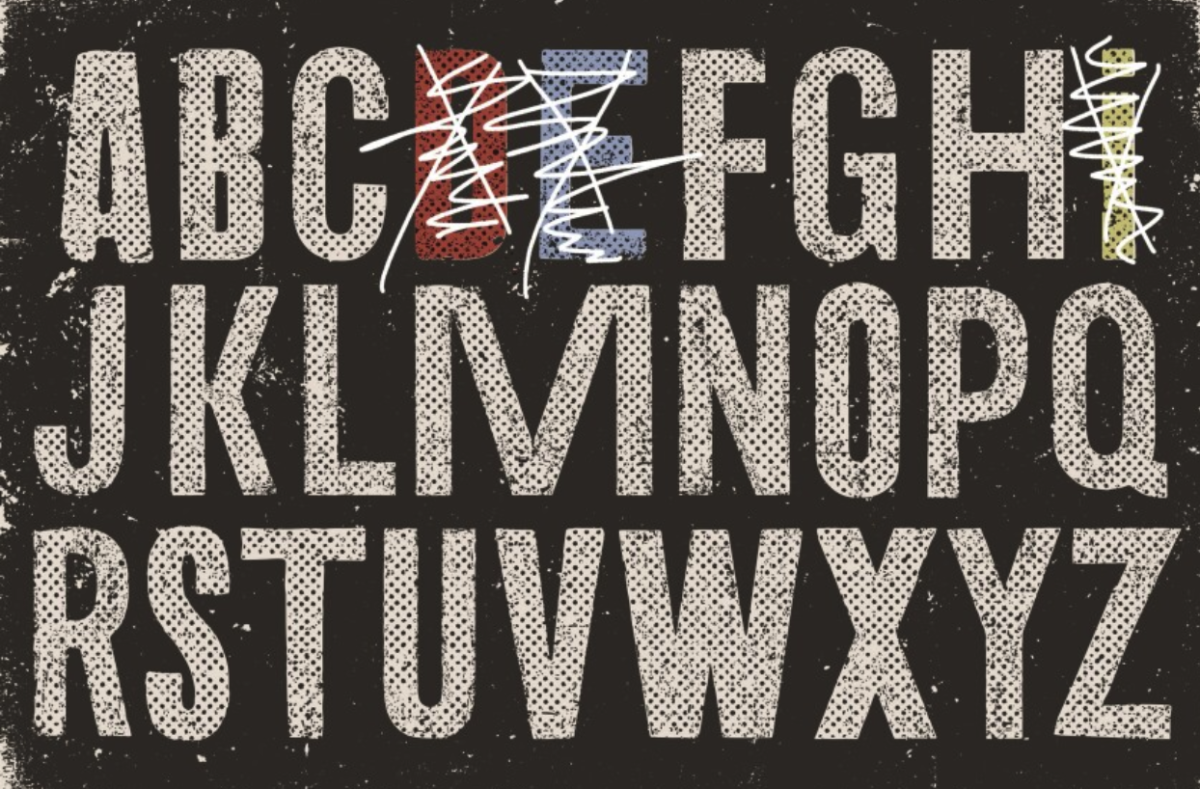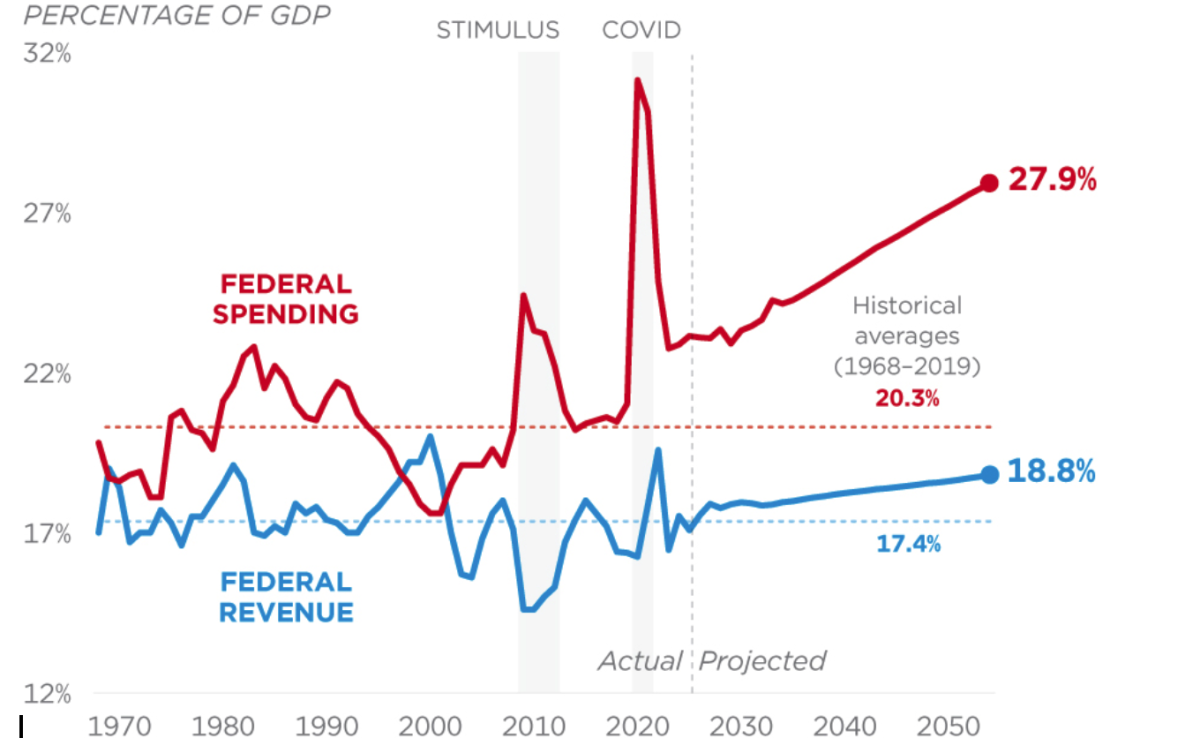Westminster, among many other high schools, would consider itself “no place for hate.” However, the high school student body was prompted to reevaluate that commitment, as the musical performed this past fall, The Producers, brought to light several stereotypes still very prevalent in today’s society. At an assembly featuring Bill Nigut, the southeast regional director of the Anti-Defamation League, students were asked to consider if they, knowingly or not, upheld some of these stereotypes and how they could change Westminster in order to make it “no place for hate.”
“The Westminster theatre program is very much committed to quality musicals,” said Eric Brannen, director of The Producers. “But when you move into the area of satire using stereotypes, you need to make sure the student understands that this is a stereotype and make them aware of why it is bad to stereotype a group of people.”
Nigut, whose mission as part of the ADL involves putting an end to prejudice and bigotry, was invited to speak at Westminster in order to brace the student body for the blunt stereotyping in The Producers and to discuss ways to fight those stereotypes.
“I wanted Westminster students to think about prejudice,” said Nigut. “And I wanted them to think about whether, even if not meaning to, they have some of those prejudices. And then I wanted them to think if those prejudices are appropriate or need to be fought against. We all have prejudices, but we all have the opportunity to look at them and change.”
“The assembly focused on the concept of the ‘other.’ We shouldn’t be excluding those who are different, we should be embracing them. Somewhere along the line, children are being taught to hate,” said Brannen. “My goal coming out of [the] play [was] to make everyone realize that we need to teach our students how to love, not how to hate, because you’re not born hating. We’re all born loving, and we are taught how to hate.”
The Producers expertly combines humor and candidness in a way that allows many of today’s most prevalent stereotypes to be brought to light, while also serving as a reminder that stereotypes and the people who use them are still very much a part of society.
“At ADL, we’re not offended by The Producers because we know that in the long run, it is a play that is not mean-spirited about any of the people it jokes about,” said Nigut. “It is not serious, nor is it aimed at hurting Jews or gays. In some ways, what The Producers does is that it illuminates the kind of stereotypes that the people who really are prejudiced have. The Producers says there are people out there who really feel this way. From my point of view, The Producers makes fun of people who actually have those stereotypes.”
Nigut took a direct approach to the wide range of stereotypes portrayed in The Producers by interacting with the student audience and by asking members of the cast to recite certain lines that highlighted the nature of the bigotry seen in the play.
“What made [the assembly] work was that he got out with the kids, made them involved, as opposed to preaching,” said Brannen. “He made the kids think about it. He made us all think about ‘the other’ and those who don’t fit in to what people consider the ‘norm.’ The norm around here is white, Christian, heterosexual. Well, what about everybody else?”
As stereotyping and bigotry have often proved to be challenging topics to discuss openly, the frankness and honesty displayed by Nigut throughout the assembly was somewhat shocking for many students. Brannen, however, hopes to channel some of the discomfort that was felt toward making Westminster no place for hate.
“People who have prejudices often don’t want to be told directly. We need to catch that before it gets too far,” said Brannen. There’s always a prejudiced movement. A very important message came out of this. We reached our goal of having a wonderfully entertaining play, while also making people think about stopping the hate. It’s always out there.”






